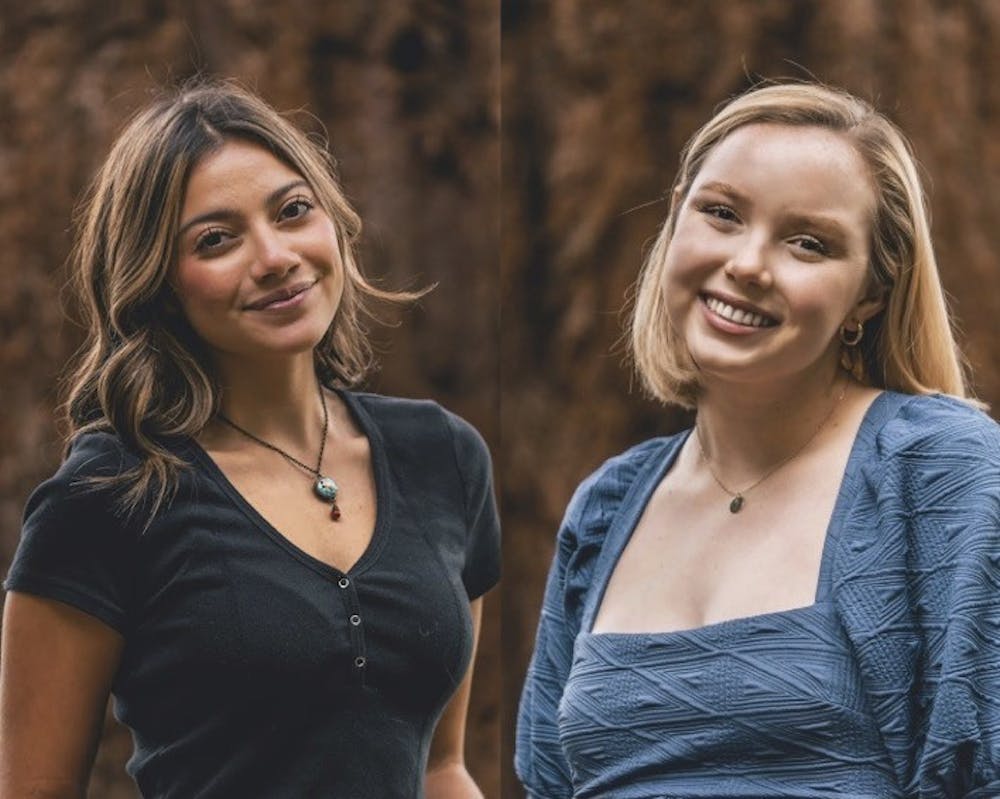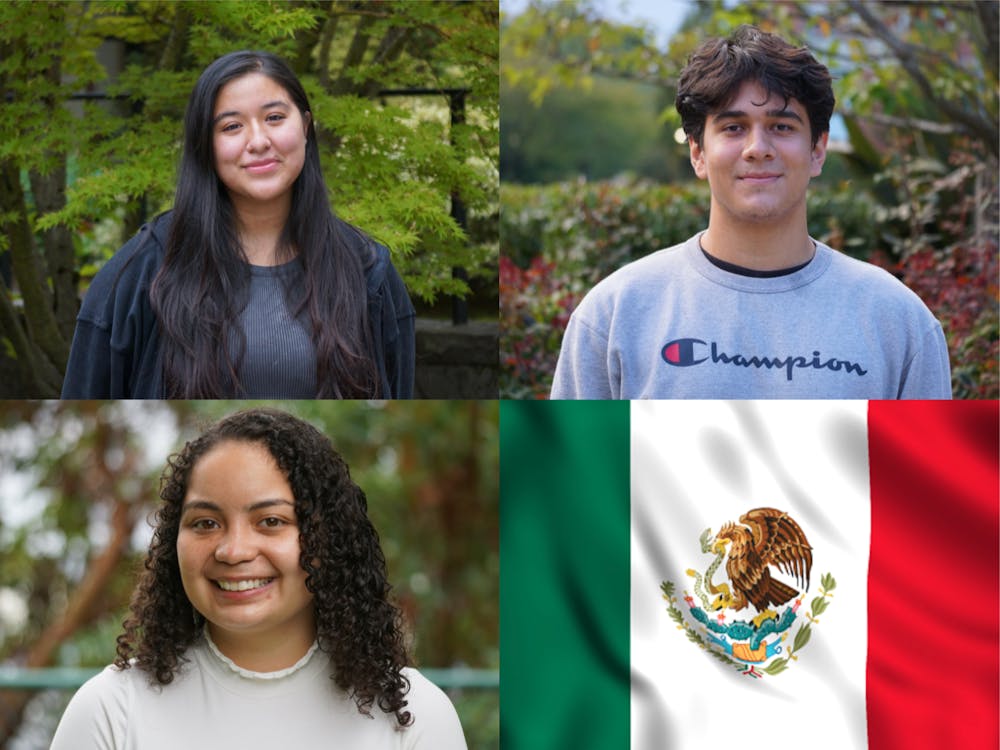Every Halloween, starting when we are young, we are encouraged to dress up as anything we want to be. Most of us pick something we enjoy, some pick something we think we will look cute in, and all too often, we pick something we are not.
Every year, the line between cultural appropriation and cultural appreciation gets more blurred — acting as a breeding ground for stereotypical, offensive and ignorant behavior rather than a celebration of culture.
Cambridge Dictionary defines the term cultural appropriation as “the act of taking or using things from a culture that is not your own, especially without showing that you understand or respect that culture.”
Examples can be hair, clothing and impersonating, like using popular African American Vernacular English terms, to fit a stereotypical persona.
Usually, this is seen through white people dressing up like samurais, Native Americans and “illegal aliens” — stealing from oppressed groups, with the (direct or indirect) intention of exploiting their culture for aesthetic purposes and without permission.
Taking a costume like this and attempting to make it sexy is also extremely offensive — sexualizing entire cultures. Costumes like “Sexy Pocahontas,” and “Sexy Geisha” misrepresent and wash away the tragic history of people who identify with that culture in the United States.
With a long history of social media being a place where celebrities have been countlessly called out for wearing culturally appropriated styles, there’s no reason for you to think Halloween gets a pass.
Before going out this weekend, take a second and ask yourself, “Is my costume cultural appropriation?”
If the answer is “yes,” “maybe” or even “um... I don't think so,” take a second and assess the motivations behind your costume. You might inadvertently be sexualixing, misrepresenting or stereotyping a culture to which you don’t belong.
Haviland Stewart is the living Section Editor at The Beacon. She can be reached at stewarth22@up.edu.
Brie Haro is the Community Engagement Editor at The Beacon. She can be reached at haro23@up.edu.
Have something to say about this? We’re dedicated to publishing a wide variety of viewpoints, and we’d like to hear from you. Voice your opinion in The Beacon.








